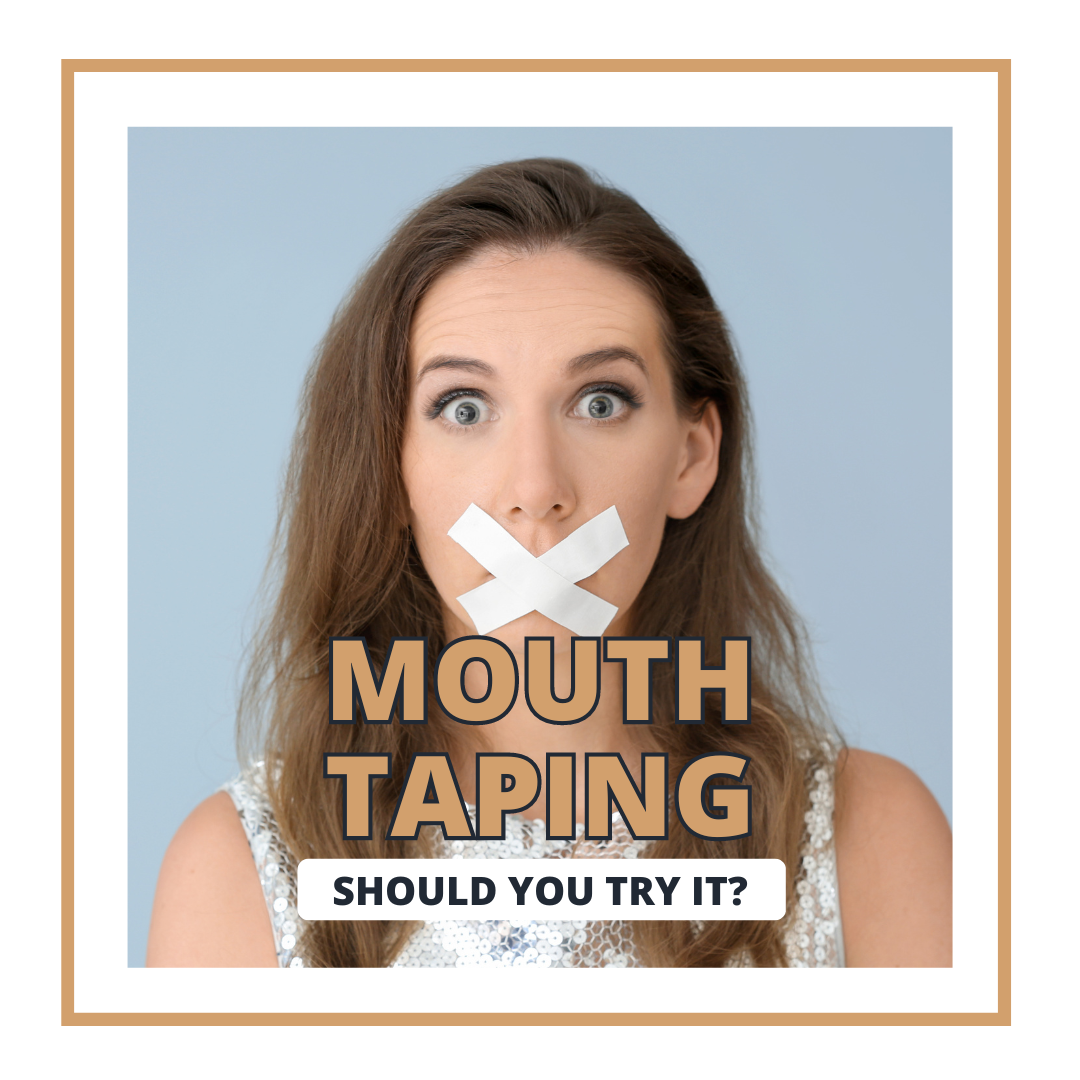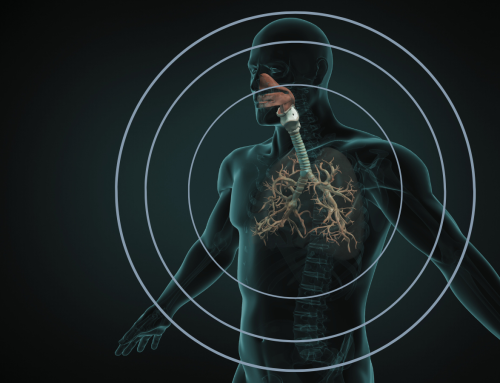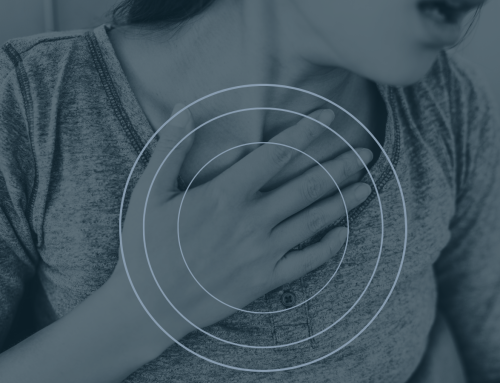What is mouth taping?
Hailed as something that will improve your sleep, anxiety, bad breath, jawline, and even sex life, mouth taping has had a lot of press in recent months.
It involves putting a small piece of tape over your mouth to encourage nose breathing. Manchester City striker Erling Harland and previous No.1 women’s tennis player, Iga Swiatek, are among athletes who have tried it.
But is it suitable for everyone?
The short answer, no.
The truth about mouth taping
Let’s start here:
❌ Mouth taping is designed to promote nasal breathing. I am a BIG advocate of nasal breathing, and I could bore you silly with the benefits (see previous blogs!) but if you cannot effectively nasal breathe in the first place – and by that I mean sustaining a calm, silent, slow, flow of air through your nostrils at rest, in combination with lower chest (diaphragmatic) movement – then you are not going to be able to tolerate having your mouth taped up, whether it’s when you’re asleep or awake, resting or exercising.
👄 However, that doesn’t mean it isn’t something you can’t work towards if you want to.
First of all, try asking yourself “WHY am I feeling like this?” If you don’t know, speak to a healthcare professional who can help you understand why you are struggling with nasal breathing. Perhaps you have a blocked nose or sinuses; perhaps you have got used to breathing through your mouth, so breathing through your nose feels completely alien; or perhaps you have a breathing pattern disorder where you use the top part of your chest a lot and breathing through your nose just doesn’t give you enough air… Whatever the reason may be, respiratory physiotherapists, doctors, nurses and many other healthcare professionals have an enormous amount of specialist training in helping diagnose and treat breathing problems. The role of respiratory physiotherapists in particular in this area is to retrain and optimise the way people breathe – so don’t go it alone 🤍
Are you sure I can’t try it?
🫁 Only yesterday I had a patient ask me if she should tape her mouth at night – this patient has chronic nasal and sinus congestion, recurrent chest infections, and is a snorer.
My response: “No!”
Why? Because unfortunately, mouth taping is not going to fix her nasal congestion, nor fix her snoring, and certainly won’t help reduce her chest infections.
Sure, it will force her to breathe through her nose, but if she is unable to nose breathe effectively how is this helpful? It will more than likely make her breathing feel even more uncomfortable as she will battle to sniff air through her congested nostrils, leading to her inappropriately taking breaths from the top part of her chest, all of which will have a negative effect on sleep by putting her body in a state of ‘fight of flight’. All in all, not helpful.
When can I try it?
👃Once you are able to comfortably breathe through your nose for at least 10 minutes when sitting still, without feeling the need to take bigger breaths, you could try putting some micropore tape lengthways (downwards) over your lips if you wanted to. Tip: pop some Vaseline on your lips beforehand to protect them. Putting the tape lengthways gives you two escape valves at the sides of your mouth if you need them, or just rip the tape off! The key is to ensure you are adopting an optimal breathing pattern the whole time.
🫁 In clinic we focus on achieving optimal breathing by looking not only at the nose, but also the ribcage and diaphragm movement, the core and pelvic floor muscle control, posture, and the overall pattern of breathing both at rest and during exercise. In addition, we explore any external triggers which contribute to poor breathing patterns, and work with you to optimise your breathing as much as possible.
Take home messages
✨ Nose breathing is awesome, but if you can’t do it, find out WHY.
✨ Once you know why, work towards strategies to eliminate, or treat, the problem/s.
✨ If in doubt, reach out. Pop up an email to enquiries@airphysiotherapy.co.uk if you have questions about how you can breathe better, or book a Breathing MOT.





